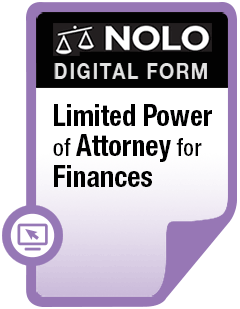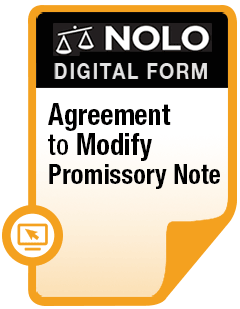You can take steps to stop credit card companies from offering a card.
Let's say you're the appointed legal guardian for your mentally disabled son. He has been given three credit cards in the past and ran up very large debts on them. You paid all of them off. How can you stop this from happening in the future in light of the fact that he isn't intellectually capable of understanding the financial responsibilities associated with owning a credit card?
- Can You Prevent Mentally Challenged People From Getting Credit Cards?
- Stopping Credit Card Offers
- How to Opt Out of Credit Card Offers
- Talk to the Credit Reporting Bureaus (Experian, Equifax, and TransUnion)
- Should I Pay the Credit Card Bills If Someone With an Intellectual Disability Runs Up Credit Card Debt?
Can You Prevent Mentally Challenged People From Getting Credit Cards?
Unfortunately, there is no surefire way to stop a mentally challenged person from opening up credit card accounts, even if they're not mentally capable of understanding the financial responsibilities associated with owning a credit card and you're their legal guardian. But you can take steps to stop them from being offered a card.
Stopping Credit Card Offers
To prevent someone with an intellectual disability from being offered credit cards, you can exclude their name from credit reporting agencies' lists for unsolicited credit and insurance offers.
How to Opt Out of Credit Card Offers
To opt out of these unsolicited offers (which simultaneously gets the word to all of the national credit reporting agencies), go to OptOutPrescreen.com or call 888-5OPTOUT (888-567-8688).
Talk to the Credit Reporting Bureaus (Experian, Equifax, and TransUnion)
You might also ask the credit bureaus (Experian, Equifax, and TransUnion) to put notations in that person's credit files stating not to issue credit in their name. Credit bureaus usually do this only in cases of fraud, but it won't hurt—and might help—to ask.
Should I Pay the Credit Card Bills If Someone With an Intellectual Disability Runs Up Credit Card Debt?
If someone who you're the legal guardian for does run up the tab on another card, think twice before you pay off the debt. Usually, legal guardians aren't responsible for paying the debts of their charges.
And if the person who you're the legal guardian of doesn't have a job, own any property, or have large sums of money, they might be judgment-proof. So, if a creditor sues that person for nonpayment of credit card debt and wins, it might not be able to collect anything from them.
Finally, a person who has a legal guardian might not be legally responsible for card debts if that person isn't mentally capable of entering into a contract.
Talk to a Lawyer
Need a lawyer? Start here.
How it Works
- Briefly tell us about your case
- Provide your contact information
- Choose attorneys to contact you
- Can You Prevent Mentally Challenged People From Getting Credit Cards?
- Stopping Credit Card Offers
- How to Opt Out of Credit Card Offers
- Talk to the Credit Reporting Bureaus (Experian, Equifax, and TransUnion)
- Should I Pay the Credit Card Bills If Someone With an Intellectual Disability Runs Up Credit Card Debt?
- Briefly tell us about your case
- Provide your contact information
- Choose attorneys to contact you



